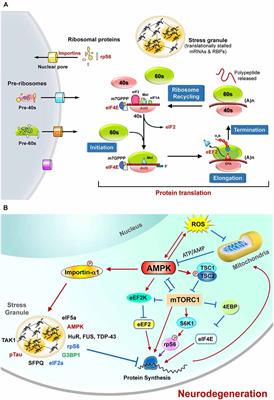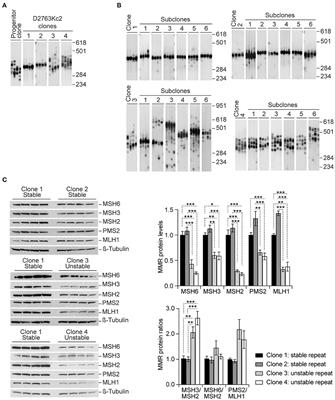MINI REVIEW
Published on 28 Jul 2021
Contribution of Energy Dysfunction to Impaired Protein Translation in Neurodegenerative Diseases

doi 10.3389/fncel.2021.668500
- 3,430 views
- 10 citations
6,716
Total downloads
26k
Total views and downloads
MINI REVIEW
Published on 28 Jul 2021

REVIEW
Published on 19 Jul 2021

ORIGINAL RESEARCH
Published on 18 May 2021

MINI REVIEW
Published on 12 May 2021

ORIGINAL RESEARCH
Published on 05 May 2021

ORIGINAL RESEARCH
Published on 02 Feb 2021
